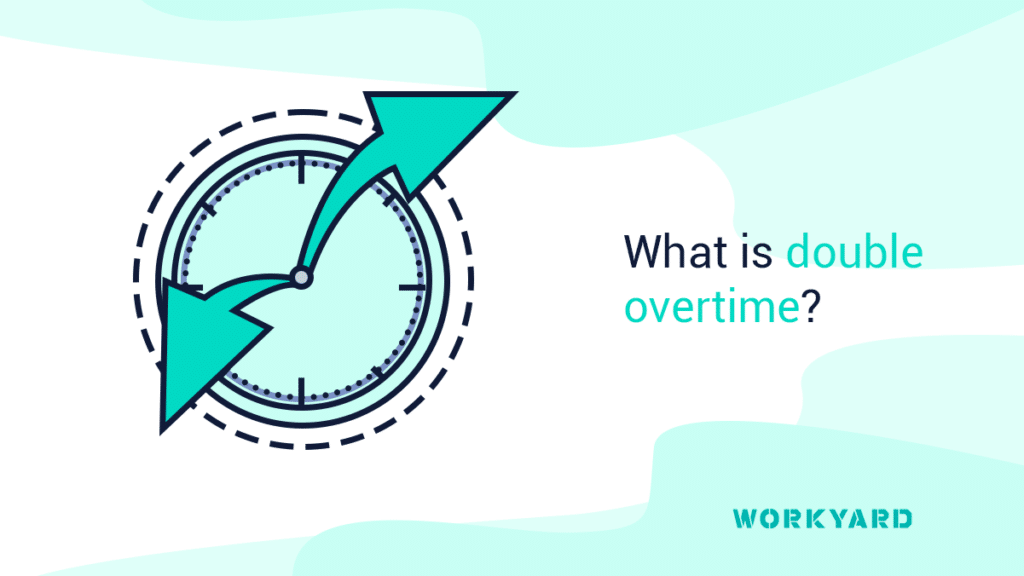Double overtime laws and regulations vary depending on the jurisdiction, making it crucial for employers and employees to understand their local labor laws and employment standards. In the United States, the Fair Labor Standards Act (FLSA) sets the federal guidelines for overtime pay, mandating a rate of one-and-a-half times the regular pay for any hours worked beyond 40 hours per week. However, the FLSA does not require double overtime, and it is up to state laws or company policies to determine if double overtime is applicable.
In some states, like California, double overtime is enforced by state law. California employees are entitled to double overtime pay when they work more than 12 hours in a single workday or more than eight hours on the seventh consecutive day in a workweek. In contrast, other states may not have explicit provisions for double overtime, leaving employers to rely on their discretion, employment contracts, or collective bargaining agreements.
Understanding double overtime eligibility is essential for both employees and employers. Non-exempt employees, such as hourly workers, are generally entitled to overtime pay, including double overtime when applicable. On the other hand, exempt employees, including salaried professionals, executives, and administrative staff, are typically not eligible for overtime pay, as their compensation structure already takes into account the possibility of working extended hours.
Double overtime for employees signifies the increased compensation rate when specific work conditions are met, such as working on designated holidays, weekends, or beyond a certain number of hours. The governing laws and regulations for double overtime vary by jurisdiction, so it is crucial to familiarize oneself with local labor laws and employment standards. Understanding double overtime eligibility and the associated legal requirements can help both employees and employers navigate the complexities of overtime compensation and ensure fair labor practices.

